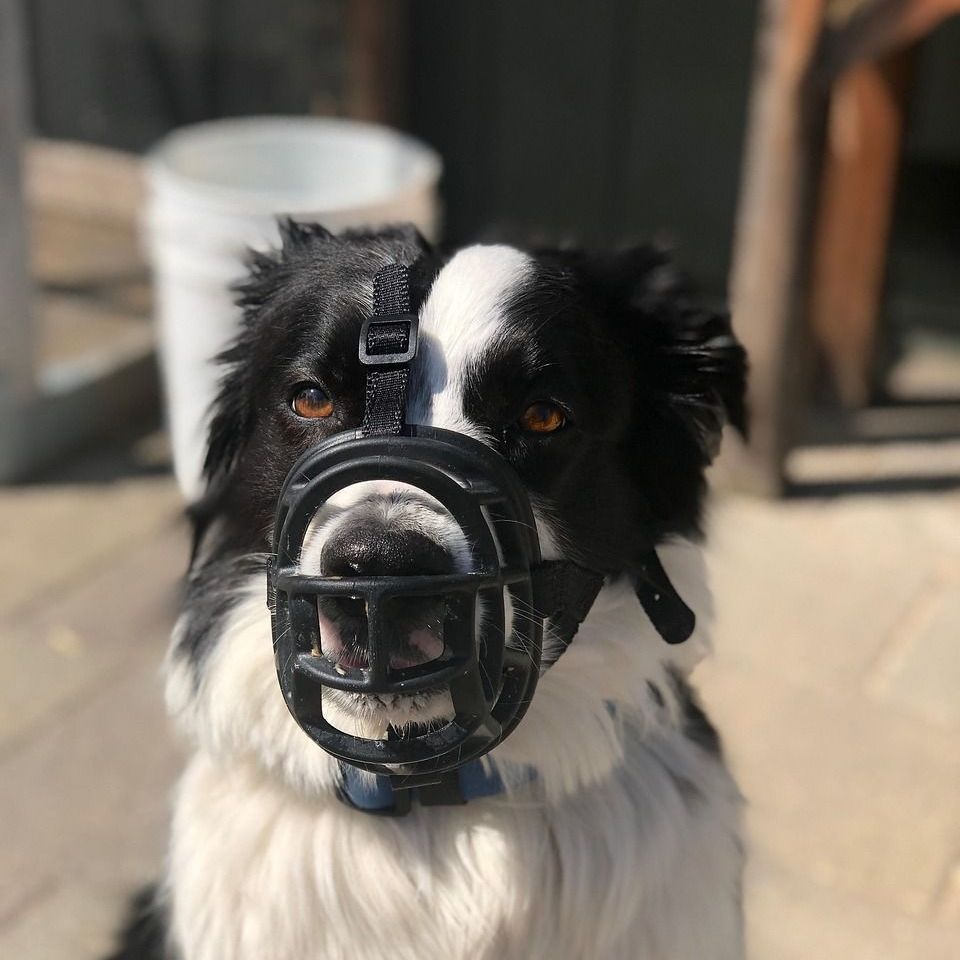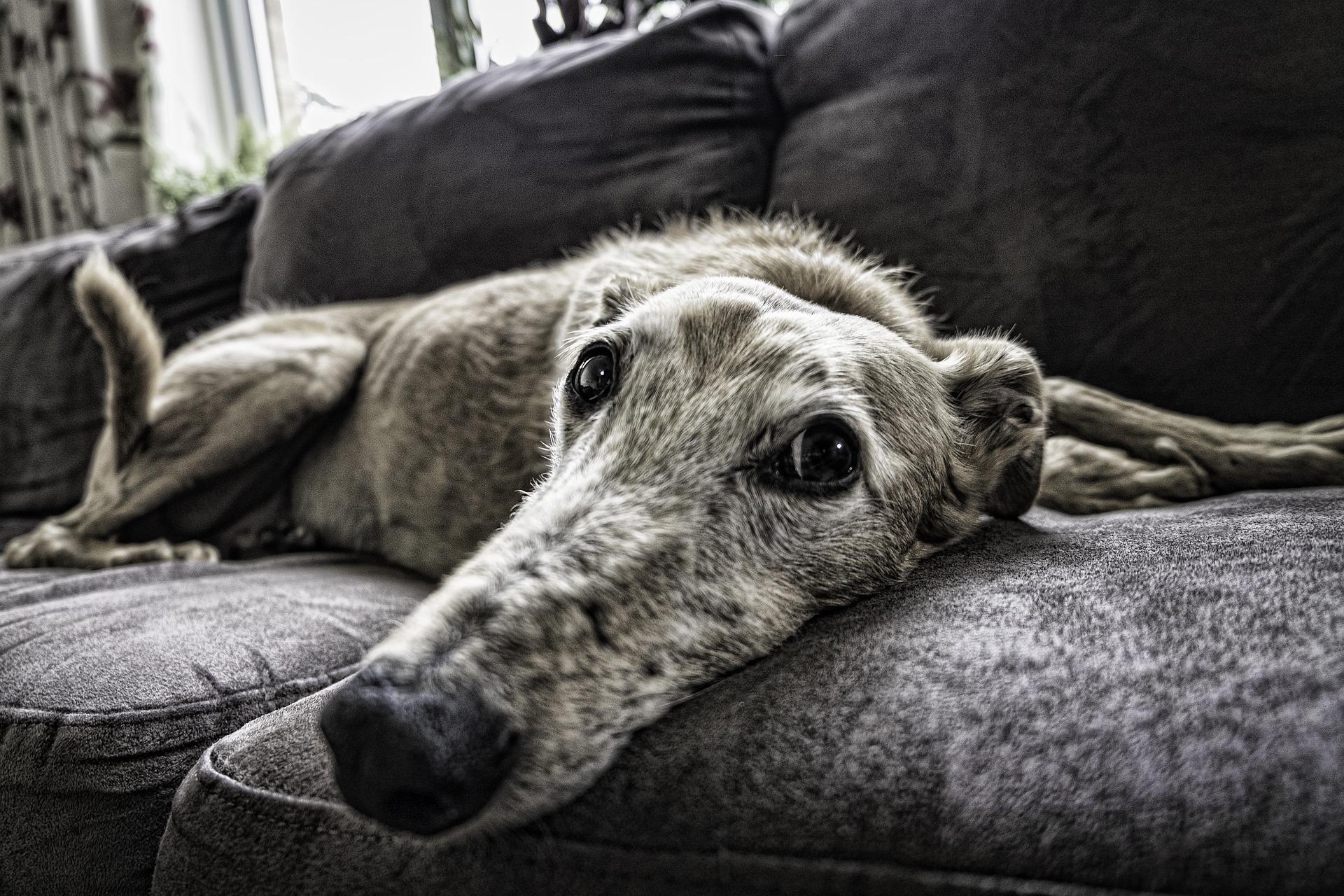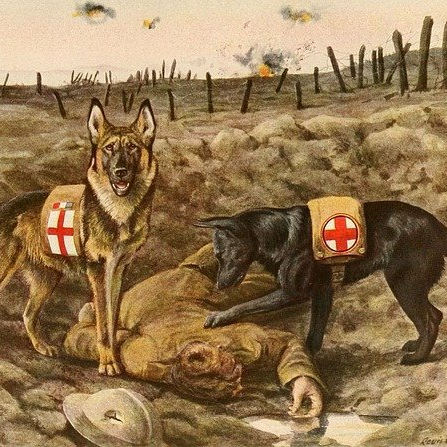Do I need to clean my dog's ears?
A common and very simple question without a
simple answer. All cases are as individual as the treatment they need. We will talk about how the ears of a
‘normal’ dog work, highlight why problems could occur which lead to a need for
cleaning, and detail signs to watch for.
If your dogs ears are functioning normally you should not need to do anything. Just like the old saying goes: ‘if it aint broke don’t fix it.’
Cleaning your dog's ears with an
inappropriate cleaner or technique could cause problems where there were none.
For a demonstration on the best way to clean ears without causing damage, and
what to use, make an appointment to see one of our vets or nurses.
How do I know if my dog has a problem with his ears?
If your dog has any one of the signs below they may have an ear problem:
- Shaking his head more frequently than normal
- Holding his head to one side
- Scratching at his ear(s) or pain when touching the ears
- Discharge from the ear(s)
- Skin of the ear flap appearing red and sore
- The ear flap becoming swollen or enlarged
It is important that your dog sees a vet at
this stage. Owners may self-treat using cleaners, but until the ear is
examined, the vet will not know if a cleaner is the correct treatment, and if
so, what sort of cleaner would be best. Many ear problems require specialist treatment from the outset.
What happens in a normal dog’s ear?
Dogs’ ear canals are lined by skin. Just
like on the body, new skin cells grow and are continually shed. There is
potential for these cells, alongside wax and hair, to block the ear. In the ear
there is a clever mechanism causing skin cells to migrate upwards, carrying
debris, dead cells, and secretions up and out, like an escalator, preventing
blockages.
Infection with either yeast or bacteria does
not occur in a normal ear. Studies suggest that the environment inside the ear
canals of most dogs is sterile.
Otitis externa
(inflammation of the ear
canal) can disrupt the normal clearing function and may lead to infection.
After an infection the ear canal may be permanently changed and narrowed
meaning relapses are more likely. There are many factors involved in why your
dog may be predisposed to inflammation and infections.
Why might my dog be predisposed to ear disease?
Age. In older dogs the ear may not function as well and wax can build up into large plugs causing discomfort/head shaking, secondary infection and damage. Our vets can can look down your dog's ears with an otoscope to see if cleaning may be needed.
Swimming can cause tissues down the canal to soften and be more susceptible to infection. Using water based cleaners can have the same effect. Do not allow your dog to swim in dirty water. When bathing, use a cotton wool pack to prevent water getting in the ears.
Underlying conditions. The most common trigger for otitis externa is allergic skin disease (atopic dermatitis or atopy) . It is estimated that 75% cases of otitis are caused by atopic dermatitis. Certain breeds more likely to suffer with atopy: German shepherds, labradors, golden retrievers, boxers, spaniels (especially cocker spaniels) and westies.
Autoimmune disorders, foreign bodies (like grass seeds), hormonal conditions such as hypothyroidism or cushing's, and parasitic ear disease could also be primary causes for otitis.
Hot or humid weather can favour bacterial growth.
Breeds of dog and individual dogs have different shaped ears and canals.
-Poodles can suffer with hairy ears, causing humidity and a build up of wax/debris
-Bloodhounds have floppy ears so lack ventilation within the canals
-Shar-peis often have narrow ear canals, causing high humidity and poor ventilation
-Spaniels often have hairy concave canals, leading to a mix of these issues
-Cocker spaniels can have increased
glandular tissue producing too much wax
How do I know what type of cleaner to use?
It depends on any previous disease and the dog’s lifestyle. Assessment of the ear canal is crucial as the wrong type of cleaner can harm your pet’s ears. Our vets can point you in the right direction. If your dog is has, or has had, an infection they may advise a cleaner, initially alongside other medication then alone in the long term.
There are:
- Acidic or alcohol based cleaners that can
act as an antibacterial.
- Ceruminolytic cleaners containing de-waxing
agents for breeds that commonly produce large amounts of thick wax, e.g.
spaniels.
- Gentle lubricants, which may benefit dogs
with age related build up.
- In sensitive, ulcerated ears, gentle
water-based flushes such as those containing chlorhexidine and tris-EDTA.
- Astringent cleaners can be useful to use
after swimming as they will dry the canal, making the ears less prone to
opportunistic infections.
- Acidic, astringent and alcohol-based cleaners should be used with care in allergic ears.
Is there anything else I can do to try and prevent ear problems?
- If you have a puppy, getting them used to handling their ears may help them get used to the idea if problems necessitate ear cleaning/medicating.
- Clipping of hair around the canals of certain breeds may improve ventilation, especially in the warmer months.
- Plucking of hair from canals can help ventilation and improve humidity. If it helps, it can be done on a regular basis. However if it is not causing a problem this should not be routinely done as it can cause pain and an inflammatory reaction.
In summary, not all dogs need to have ear cleaning routinely. When they do, choosing the right cleaner is the key in order to avoid harm in trying to do good. If you think your dog may be at risk from ear disease or has any of the signs listed, book an appointment with us. Remember your dog's ears are as unique as they are and the advice will be equally as unique!












